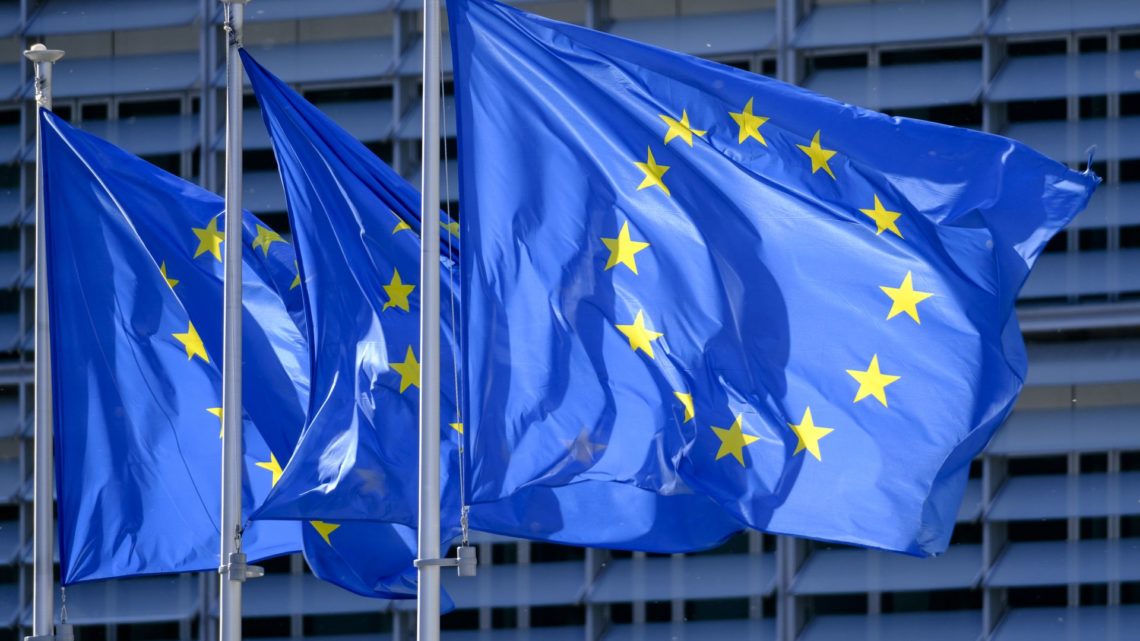
Editorial | Volume 21 No. 5
Volume 21 No. 5
Dear Readers,
As teaching in a memorable pandemic-time term draws to an end, we are most happy to add to your summer reading list: the latest issue of the German Law Journal!
And frankly, it’s two issues for the price of one:
- In the first part, we provide you with a broad range of enthralling topics, ranging from two unforeseen issues around Brexit, two pieces on EU Law fundamentals (the rule of law and citizenship), an insightful perspective on intricate matters of Dutch Constitutional Law, a captivating British take on constitutional supremacy, to questions of trading personal data.
- The second part is comprised of a most topical and fine selection of comments and articles on the recent judgment by the German Federal Constitutional Court (FCC) regarding the Public Sector Purchase Program — more than a dozen reflections on the momentous decision and its potential consequences. The German Law Journal has acquired renown for allowing for rapid responses to trailblazing events in the world of law — indeed such specials have become one of the signature features of the Journal, capitalizing on the lightning-fast turnaround times of our online-only open-access publication.
Part One
Even Corona was not able to make us forget Brexit — and with it still around the corner, this issue of the Journal opens with two articles by Giuseppe Martinico & Marta Simoncini and Sylvia de Mars & C. R. G. Murray, picking up issues prompted by Brexit: the first discussing the Wightman judgment by the CJEU and its implications for the EU legal order; the second looking at the Common Travel Area between Ireland, the UK, the Channel Islands and the Isle of Man, and its unclear future under Brexit.
Csongor István Nagy attends to the limited powers of the EU when it comes to Member States, threatening fundamental values such as the EU Rule of Law and Human Rights. Päivi Johanna Neuvonen unfolds an argument about the democratic effects of EU citizenship rights in the EU Member States, drawing on critical legal studies and offering insights as to how critical methodology is challenged by this approach.
The article by Gerhard van der Schyff calls for reform of the prohibition on constitutional review of acts of parliament under Dutch law. It is followed by Graziella Romeo’s reflections on the concept of constitutional supremacy and the role legal traditions play in global constitutional studies — from the perspective of British legal culture.
Václav Janeček & Gianclaudio Malgieri draw our attention to the serious and weighty issues concerning commerce in personal data and the challenges this implicates when data embodies values and interests that may be detrimentally affected by trade.
Part Two: The German FCC’s PSPP Judgment
With its judgment on the PSPP the FCC shook not only the German legal community, tearing out everybody from a certain Corona-rigor, but also provoked reactions from all over Europe and beyond. With our special section, we want to tackle the wide range of issues the judgment raises — and bring to you a colorful bouquet of perspectives and topics.
This section is opened by Dieter Grimm’s explanation why the judgment of the Federal Constitutional Court is in line with previous judgments of the Court and therefore neither surprising nor iniquitous. This perspective of an eminent former judge of the FCC is juxtaposed with the joint take by a Member of the European Parliament (and law professor) and an academic advisor on European Law in the administration of the German Parliament: The review by Sven Simon & Hannes Rathke gives you a thorough and encompassing analysis of the issues at hand.
Frank Schorkopf adds a ‘deep’ perspective to the decision that may inform, in a fundamental way, our reading of the interaction between CJEU and national constitutional courts; the very interaction that has now become apparent in the PSPP verdict. He discusses the risks of the development of the CJEUs judicature towards value constitutionalism, rooted not only in the Treaties, but also drawing on ‘constitutional principles’ derived from EU law.
Karsten Schneider immerses into the FCC’s use of the ultra-vires doctrine and diligently digs up, like diamonds from a potato field, the strong parts of an ill-defined concept. In order to help the Court to make the best of its ultra-vires doctrine, he also sheds light on the many pitfalls that need to be avoided. In the same vein, Mattias Wendel uncovers a set of paradoxes that become apparent in the FCC’s verdict, relating to the FCC’s mode of legal reasoning as well as to the underlying doctrinal and theoretical premises.
The Law & Economics perspective Niels Petersen’s contribution brings into the debate shines a light on the now endangered strategic equilibrium between the German Federal Constitutional Court and the CJEU.
As the judgment of the FCC raises the issue of the supremacy of EU Law, we are thrilled to share with you articles discussing constitutional pluralism. Vlad Perju, Matej Avbelj and Justin Lindeboom bring contrasting opinions to this special section — and make for a lively debate! (Matej’s piece is also a reaction to a critique of constitutional pluralism published on Verfassungsblog; a response contribution by the members of this group to this special section unfortunately did not materialize.)
Teresa Violante explains why the FCC judgment was indeed a story of a clash foretold — constitutional courts were meant to bite not bark, and here the FCC repoliticized an issue decided through technocratic processes that might have been lacking democratic legitimacy.
Matthias Goldmann’s contribution is the first in a series of texts that turn to the potential (long-term) consequences of the PSPP judgment. He argues that the FCC’s ruling, taken together with the proposed European response to Covid-19, marks the beginning of a post-liberal economic constitution of the Union. Other possible aftermaths are the possibility of an infringement procedure, a matter Sara Poli & Roberto Cisotta attend to, while Isabel Feichtner takes a closer look at the concept of democracy underlying the FCC’s judgment and whether it gives reason to fear further obstructions of democratization in Europe. Turning this question differently, the FCC’s ruling was often dreaded to be detrimental to democracies in distress — with the populists in Poland and Hungary being named as two possible ‘profiteers’ of the FCC’s judgment. Stanisław Biernat explains why the FCC’s PSPP decision nevertheless cannot be used as an argument in the (political) conflict between Poland and the EU institutions.
Franz C. Meyer concludes this special section with an entertaining outlook that provides a multitude of grim perspectives and nagging questions resulting from the FCC’s decision. The author invokes Star Trek for “comic relief” — to adjure a European spirit of cooperation and collaboration in order to master the challenges of the 21st century, lest we safely arrive in the 23rd, in due course.
Hopefully this issue will provide for inspiring summer reading and — even if all covered matters are very serious — maybe even for some welcome distraction.
In our turbulent era, we wholeheartedly wish you all a relaxing break and some comforting and warming rays of light.
Happy reading!
Emanuel V. Towfigh
for the GLJ Editors







